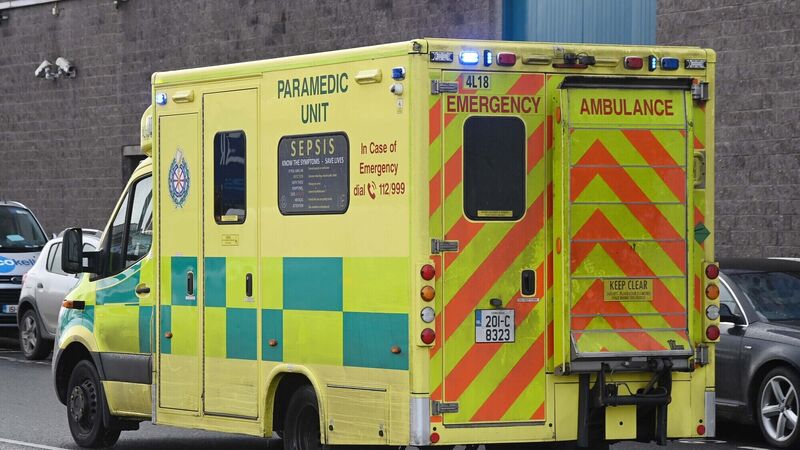Ambulance service needs 'more of everything, everywhere', but especially in rural Ireland

National Ambulance Service director Robert Morton: 'Right across the country we would accept we do not have enough resources, pretty much everywhere, particularly in large rural areas.' Picture: Denis Minihane
The National Ambulance Service “needs more of everything, everywhere”, with rural areas worst affected, its director has said.
An Oireachtas health committee heard in one case, a patient had to be transferred to Cork from Sligo by ambulance because of a shortage of helicopters.










